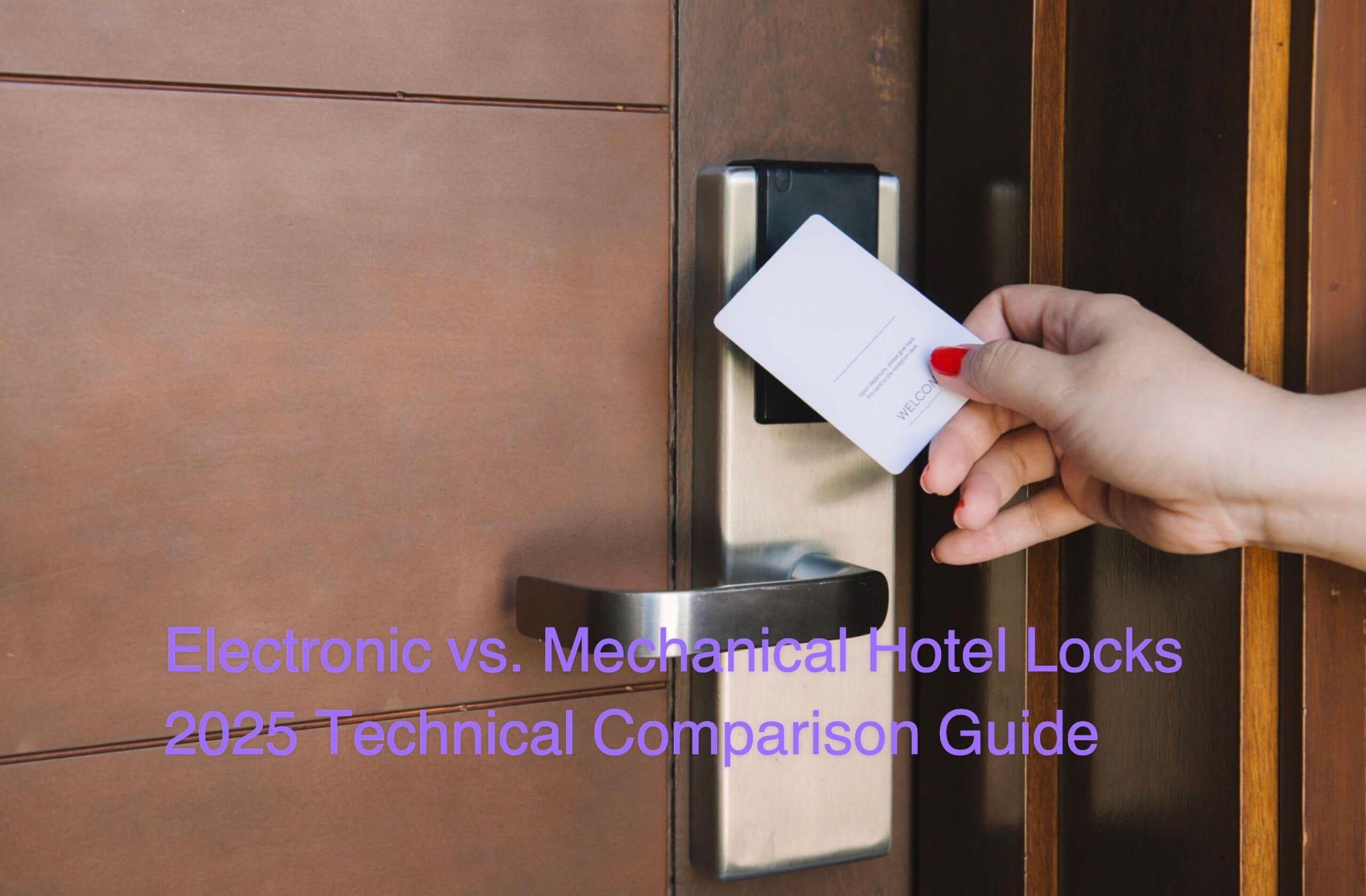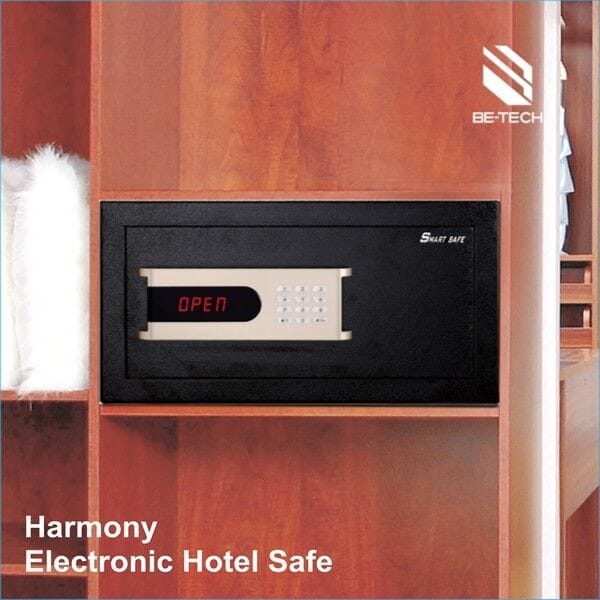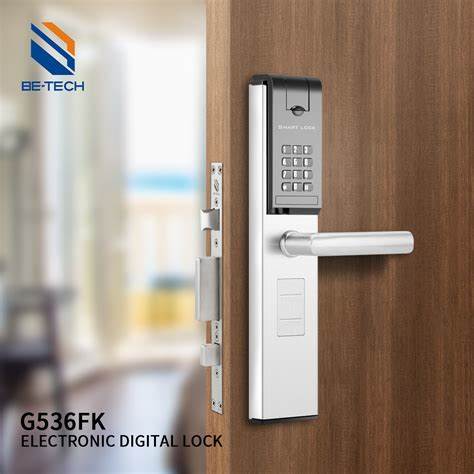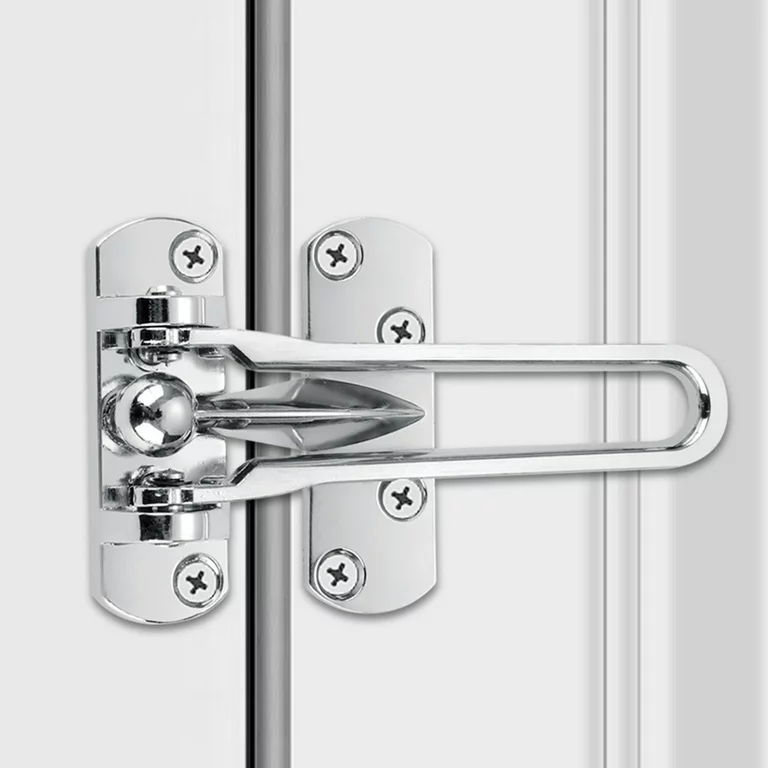In today’s world, security is paramount for businesses, organizations, and individuals alike. From protecting sensitive data to ensuring the safety of personnel, implementing robust security measures is no longer an option but a necessity. A critical element of any comprehensive security strategy is access control, and at the heart of modern access control systems lies the door control unit (DCU).
A door control unit acts as the “brain” of an access control system, regulating who can enter or exit specific areas within a building. By intelligently managing access points, DCUs provide a powerful layer of security, streamline operations, and enhance overall efficiency.
This comprehensive guide will explore the world of door control units, providing insights into their functionality, benefits, diverse applications, and the future trends shaping the industry. Whether you’re a business owner seeking to upgrade your security infrastructure, a facility manager responsible for building safety, or simply curious about the latest advancements in access control technology, this guide has something for you.
Understanding Door Control Units
A door control unit is an electronic device that manages the locking and unlocking of doors based on predefined access permissions. It acts as the central control point for an access control system, receiving inputs from various devices like card readers, keypads, and biometric scanners, and then sending outputs to electronic locks, alarms, and other security systems.
How Door Control Units Work
At its core, a DCU operates on the principle of authorization and authentication. When a user attempts to access a secured area, they present their credentials, such as an RFID card or a PIN code, to a reader connected to the DCU. The DCU then verifies the user’s identity and checks their access permissions against a database of authorized users and access levels.
If the user is authorized, the DCU sends a signal to the electronic lock to unlock the door. The entire process occurs seamlessly and rapidly, ensuring smooth access for authorized individuals while maintaining security.
Door Control Unit Components
A typical door control unit system comprises several key components:
- Readers: Devices that capture user credentials, such as RFID cards, key fobs, or biometric data.
- Keypads: Allow users to enter PIN codes for authentication.
- Controllers: The central processing unit that manages access decisions and communication with other system components.
- Electronic Locks: Secure the doors and receive commands from the DCU to lock or unlock.
- Software: Provides an interface for system management, user administration, and access event monitoring.
- Power Supply: Provides power to the DCU and connected devices.
- Communication Interface: Enables communication between the DCU and other systems, such as building management systems or security monitoring platforms.
Benefits of Door Control Units
Implementing door control units offers numerous advantages for businesses and organizations:
- Enhanced Security: DCUs restrict access to sensitive areas, mitigating the risk of unauthorized entry, theft, and vandalism.
- Centralized Control: Manage access permissions from a central location, simplifying administration and improving overall security.
- Audit Trails: Maintain detailed records of access events, providing valuable insights for security audits and investigations.
- Time-Based Access: Grant access to specific individuals during predefined timeframes, improving security and operational efficiency.
- Integration: Seamlessly integrate with other security systems, such as video surveillance, alarm systems, and building management systems, creating a comprehensive security solution.
- Increased Efficiency: Streamline access procedures, eliminating the need for physical keys and reducing administrative overhead.
- Cost Savings: Reduce security personnel costs and potentially lower insurance premiums due to enhanced security measures.
Applications of Door Control Units
The versatility of door control units makes them suitable for a wide range of applications across various industries:
- Commercial Buildings: Office buildings, retail stores, banks, and other commercial spaces leverage DCUs to secure sensitive areas, manage employee access, and enhance overall security.
- Healthcare Facilities: Hospitals, clinics, and pharmacies use DCUs to control access to restricted areas like operating rooms, pharmacies, and patient records.
- Educational Institutions: Schools and universities implement DCUs to secure classrooms, laboratories, and administrative offices, ensuring student and staff safety.
- Hospitality: Hotels and resorts use DCUs to manage guest room access, enhance security, and provide a seamless guest experience.
- Industrial Sites: Factories, warehouses, and manufacturing plants rely on DCUs to control access to restricted zones, protect valuable assets, and enhance workplace safety.
- Residential Buildings: Apartment complexes and condominiums are increasingly adopting DCUs to secure main entrances, common areas, and individual units, providing residents with enhanced security and convenience.
- Government Facilities: Government buildings, military bases, and other secure facilities leverage DCUs to enforce strict access control measures and protect sensitive information.
Choosing the Right Door Control Unit
Selecting the most appropriate door control unit for your specific needs requires careful consideration of several factors:
- Security Level: Assess the level of security required for the area you intend to protect. High-security applications may require DCUs with advanced features like anti-tamper protection and multi-factor authentication.
- Number of Users: Determine the number of users who will need access to the secured area. Large-scale applications with numerous users may benefit from DCUs with robust user management capabilities.
- Integration: Consider the need for integration with other security systems or building management systems. Choose a DCU that seamlessly integrates with your existing infrastructure.
- Scalability: Anticipate future growth and choose a DCU that can scale to accommodate increasing security needs.
- Cost: Establish a budget and compare different DCU models based on features and pricing.
- Installation and Maintenance: Factor in the complexity of installation and ongoing maintenance requirements.
Future Trends in Door Control Technology
The field of door control technology is constantly evolving, driven by advancements in software, hardware, and communication protocols. Here are some key trends shaping the future of access control:
- Cloud-Based Access Control: Cloud-based systems offer centralized management, remote accessibility, and scalability, making them increasingly popular.
- Mobile Credentials: Smartphones and other mobile devices are becoming primary access credentials, providing convenience and flexibility for users.
- Biometric Authentication: Fingerprint, facial, and iris recognition technologies are enhancing security and providing a more seamless user experience.
- Artificial Intelligence (AI): AI is being incorporated into access control systems to improve security analytics, automate threat detection, and enhance user experience.
- Internet of Things (IoT): Integration of DCUs with IoT devices and sensors will create intelligent access control systems that can adapt to changing security needs and environmental conditions.
Door Control Unit Integration with Other Security Systems
A key advantage of door control units lies in their ability to seamlessly integrate with other security systems, creating a comprehensive and interconnected security ecosystem. This integration enhances security, improves efficiency, and provides a more holistic view of security events.
Here are some examples of DCU integration with other security systems:
- Video Surveillance: When a door is accessed, the DCU can trigger a nearby security camera to record the event, providing visual verification of access activities. This integration enhances security and aids in investigations.
- Alarm Systems: DCUs can be integrated with intrusion detection systems, triggering alarms in case of unauthorized access attempts or forced entry. This provides an immediate response to security breaches.
- Building Management Systems: Integration with building management systems allows for centralized control and monitoring of access control, HVAC, lighting, and other building systems. This improves efficiency and optimizes energy consumption.
- Fire Alarm Systems: In emergency situations, DCUs can be configured to unlock doors automatically, facilitating safe evacuation. This integration is crucial for life safety.
Conclusion
Door control units have emerged as indispensable components of modern access control systems, providing a powerful layer of security, streamlining operations, and enhancing overall efficiency. From securing sensitive data to ensuring the safety of personnel, DCUs play a vital role in mitigating risks and improving access management across a wide range of applications.
As technology continues to advance, door control units will become even more sophisticated, incorporating AI, cloud connectivity, and mobile credentials to provide intelligent and adaptable security solutions. By understanding the functionality, benefits, and future trends of door control units, businesses and organizations can make informed decisions to enhance their security posture and stay ahead of the evolving threat landscape.
Ready to upgrade your security infrastructure with state-of-the-art door control units? Contact Be-Tech today for a consultation and explore our wide range of access control solutions tailored to your specific needs. Our team of experts will guide you through the selection, installation, and integration process, ensuring a seamless and effective security upgrade.









